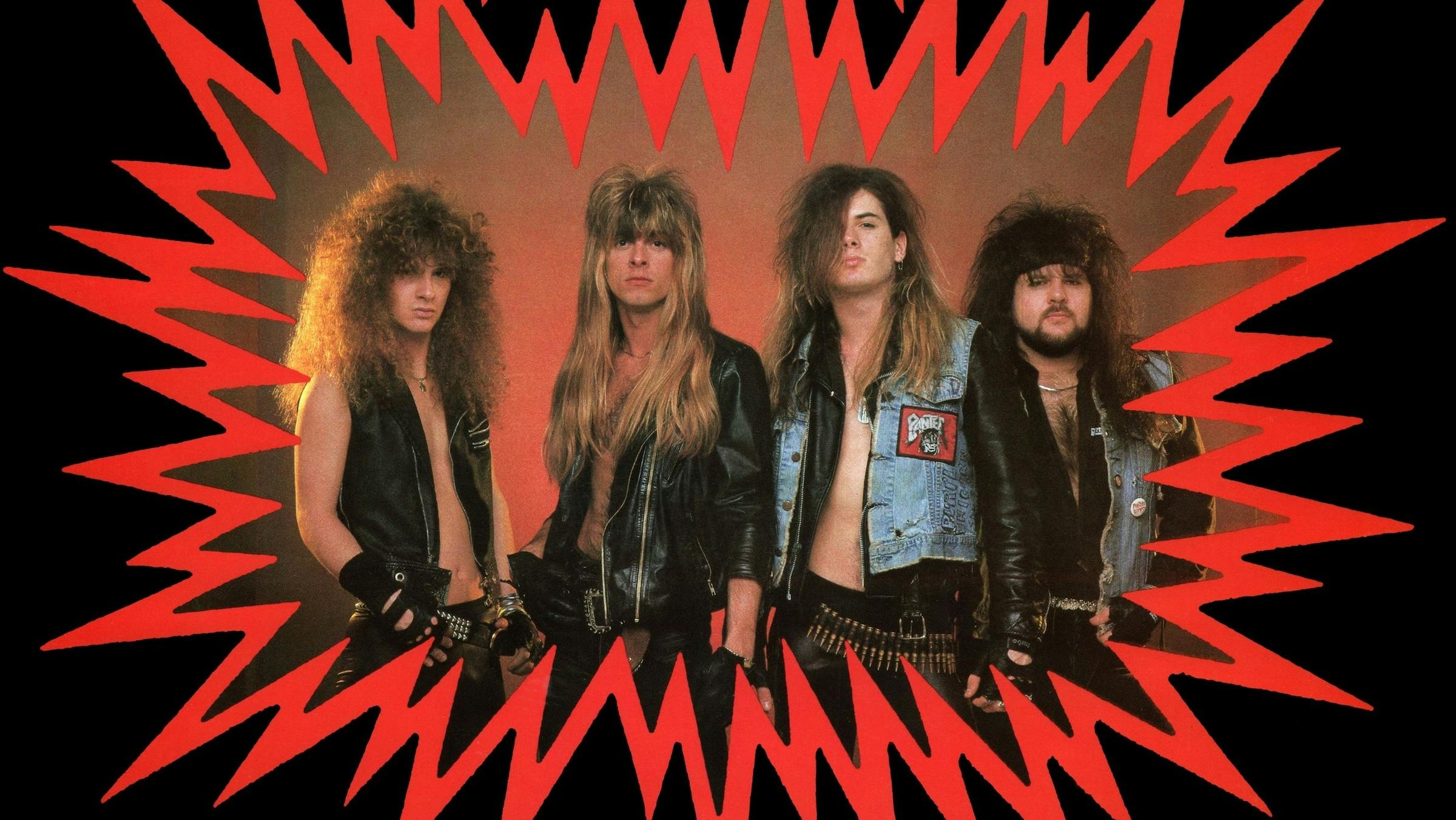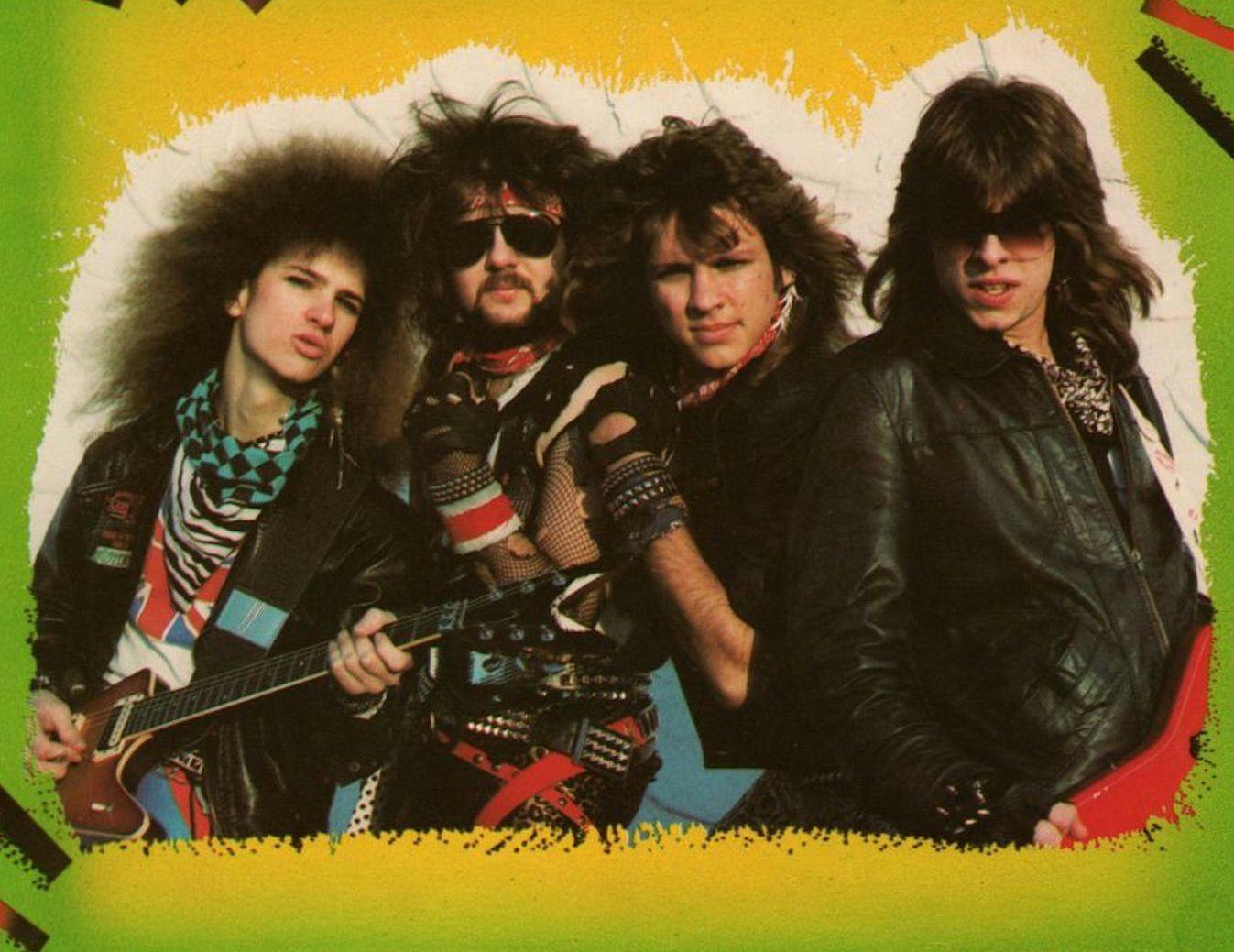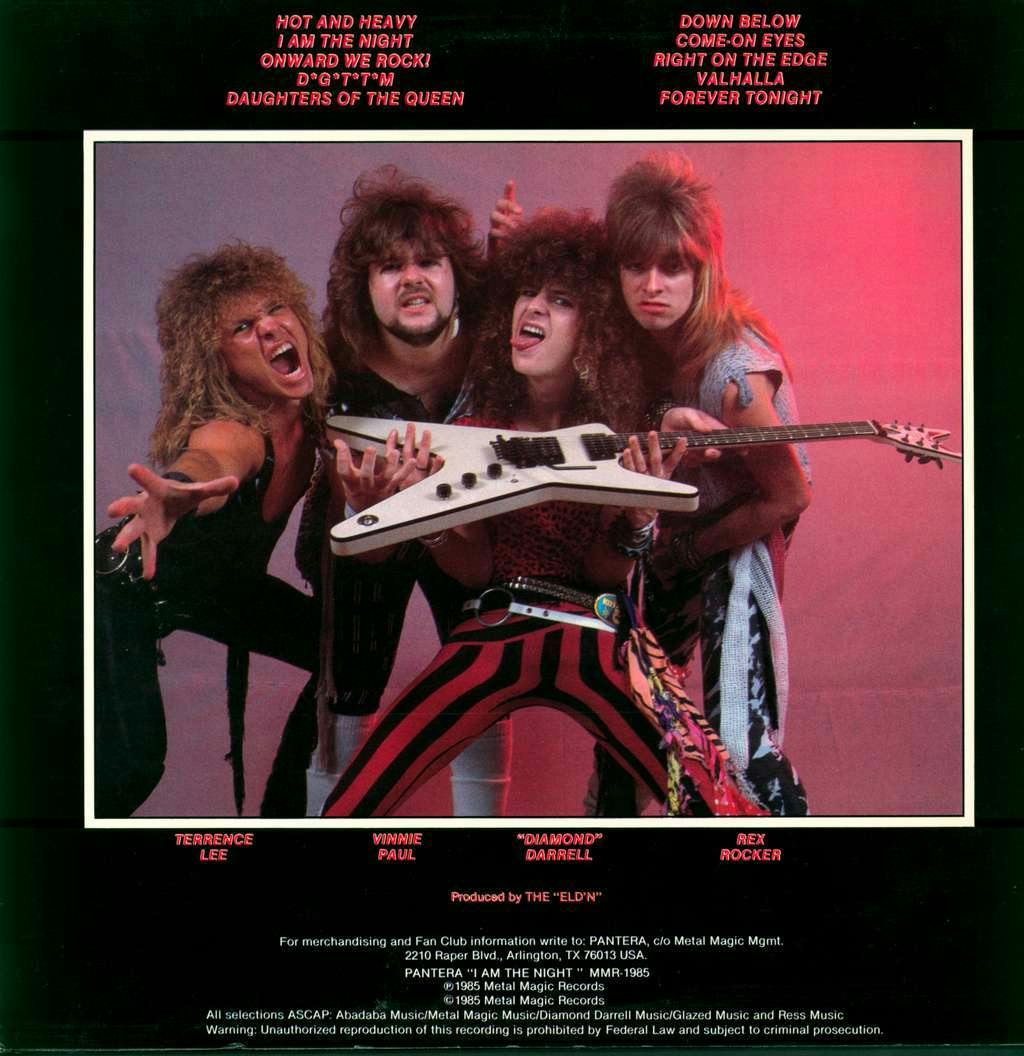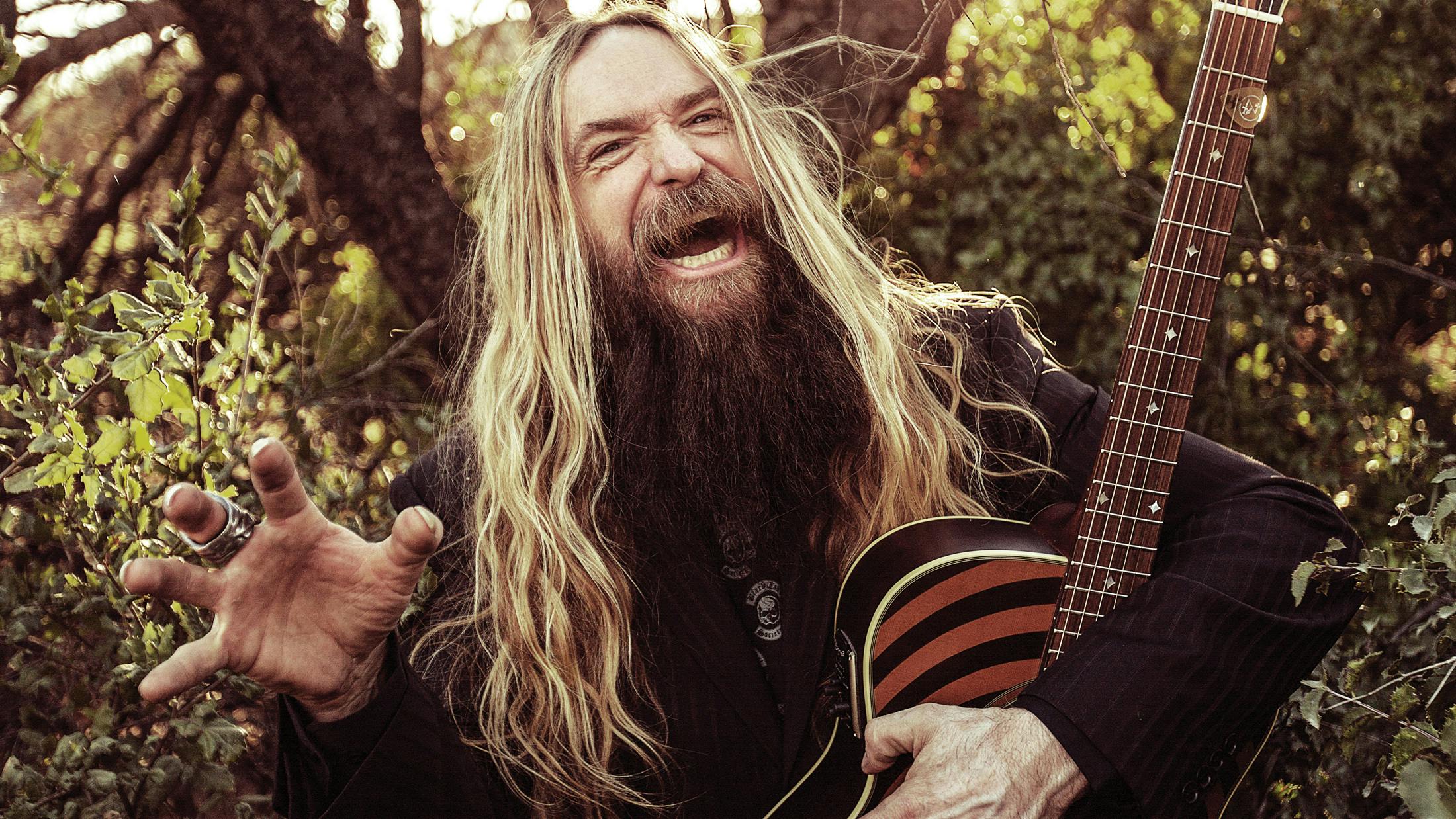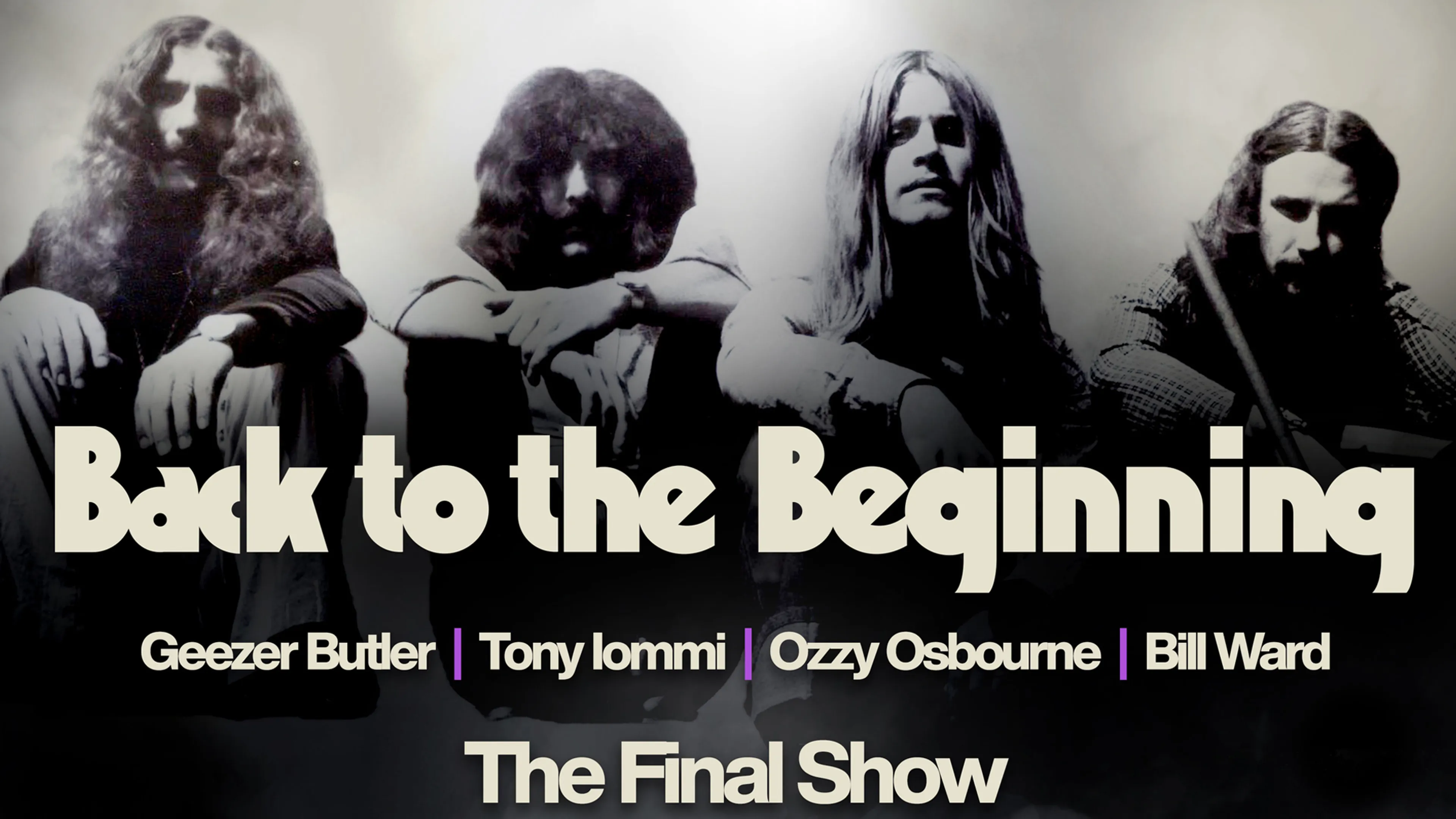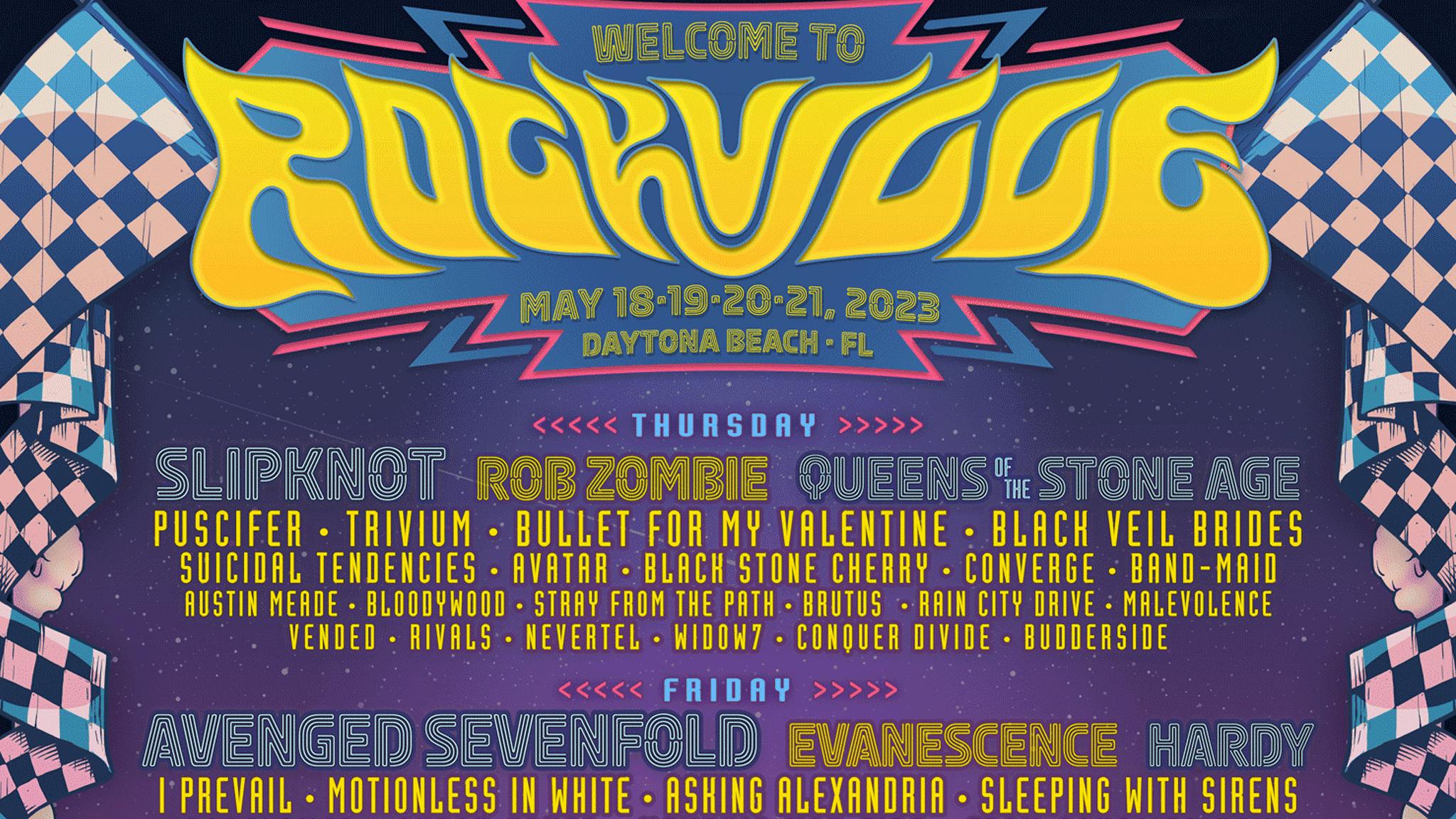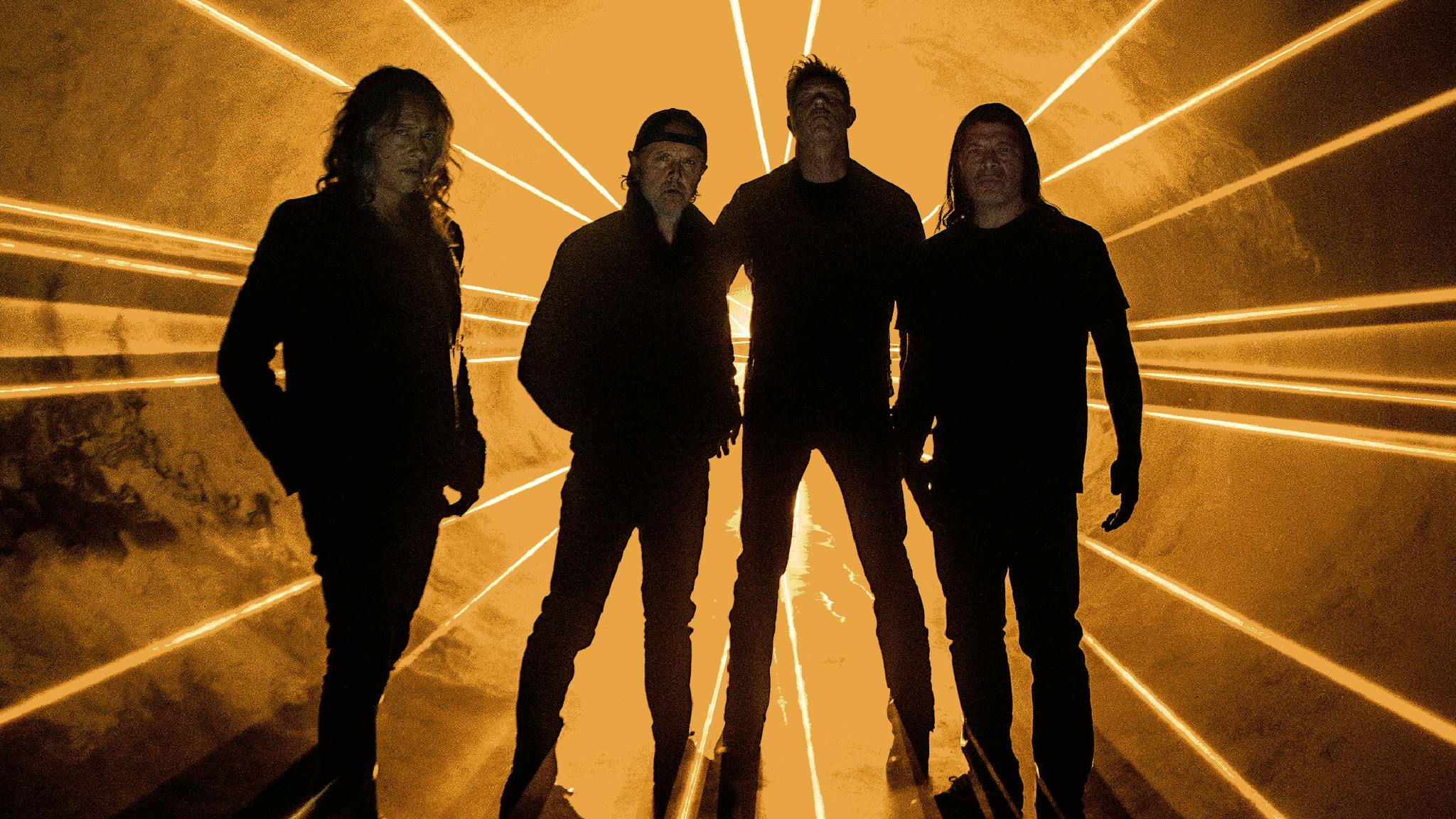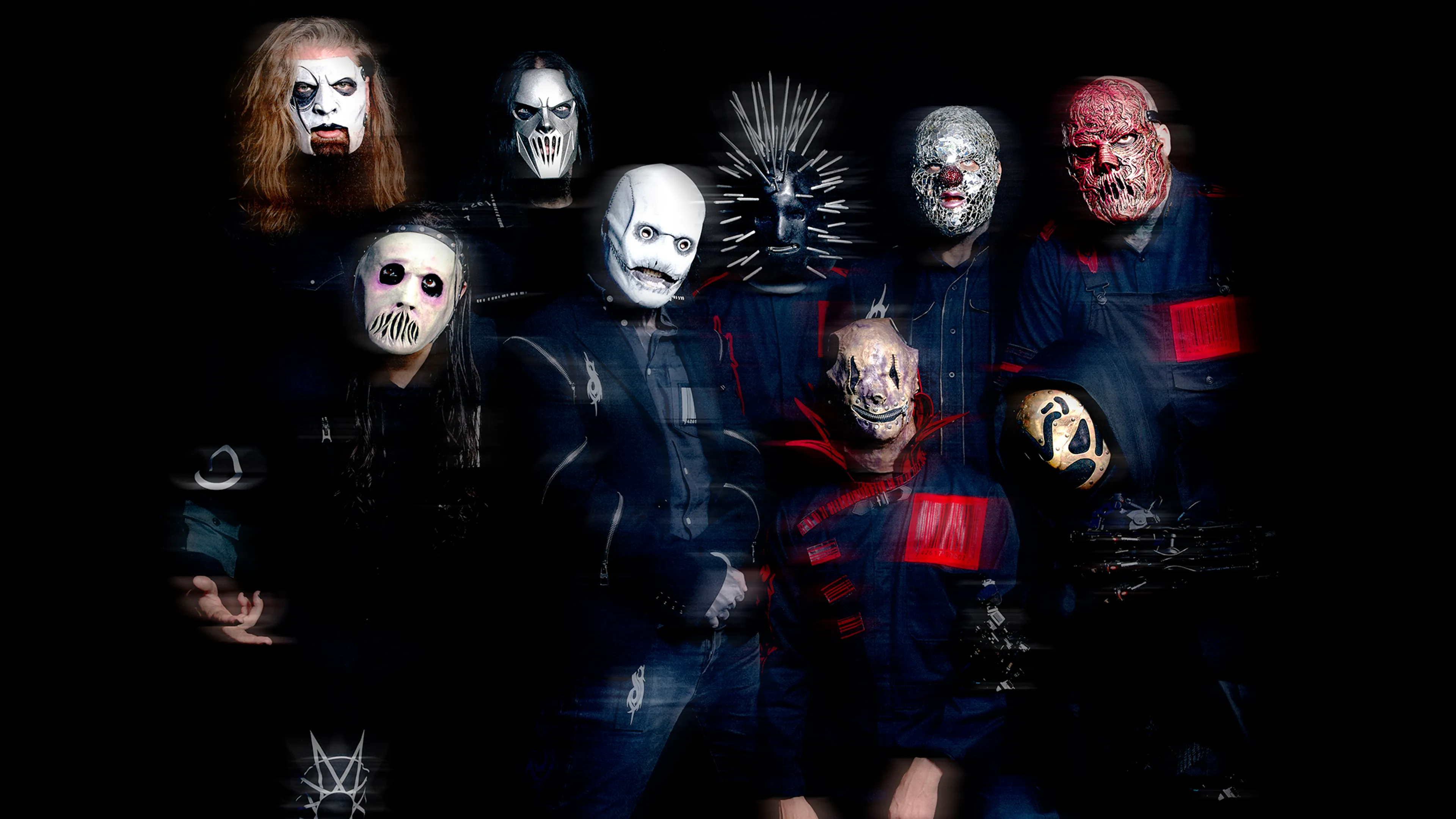“Rex Rocker.” It was a different time. Also, man, how confused does Vinnie Paul look?
That said -- does it really surprise anyone that these dudes were so theatrical? It’s no secret that Dimebag worshipped Eddie Van Halen and Ace Frehley. Phil Anselmo has always rocked a Venom shirt, and while that band may have sung about smashing dead chicks while Satan watched, they dressed like Hell’s gymnasts. Pantera was growing up at the same time that metal was; that they wrote jaunty songs about being a cat-eyed urban warrior-poet just means they were all-in from the very beginning.
But then, Pantera did something more bands needed to: they grew up. They incorporated new influences, got turned on to bands like Metallica and Exhorder, and decided to ditch the window dressing. To some, that may appear trendy, but more than anything, it displays considerable self-awareness. Pantera could have forged ahead with the flavor of the hour; instead, they grew out of trying to be something they weren’t, toughened up their sound, and changed metal to its very core.
That’s what’s commonly overlooked -- in 1990, when the band released Cowboys From Hell, glam was still king. In hindsight, historians like to imagine that the minute the ‘80s became the ‘90s, everyone traded their stretch pants for flannel. But the first few years of the ‘90s were still sort of the ‘80s, and hair metal was still the dominant musical life form. Pantera weren’t chasing a shift in metal, they were the shift. By incorporating thrash into their sleazy southern sound, they broke the mold. That shows a dynamism that’s rare and beautiful in bands, which wouldn’t have existed for Pantera were it not for their time as poodle rockers.
In the same way the transition between decades was a blur rather than a line, so was the growth in Pantera’s sound. The tracks on Power Metal have enough of the swagger, menace, and sneer that albums like Cowboys and Vulgar Display Of Power overflowed with, that it’s most definitely a Pantera album, even if everyone looks a little silly on the cover. Listen to Phil’s vocals and Darrell’s riffs on Hard Ride and try to act like you wouldn’t smack the steering wheel with the butt of your hand while listening to this song.
